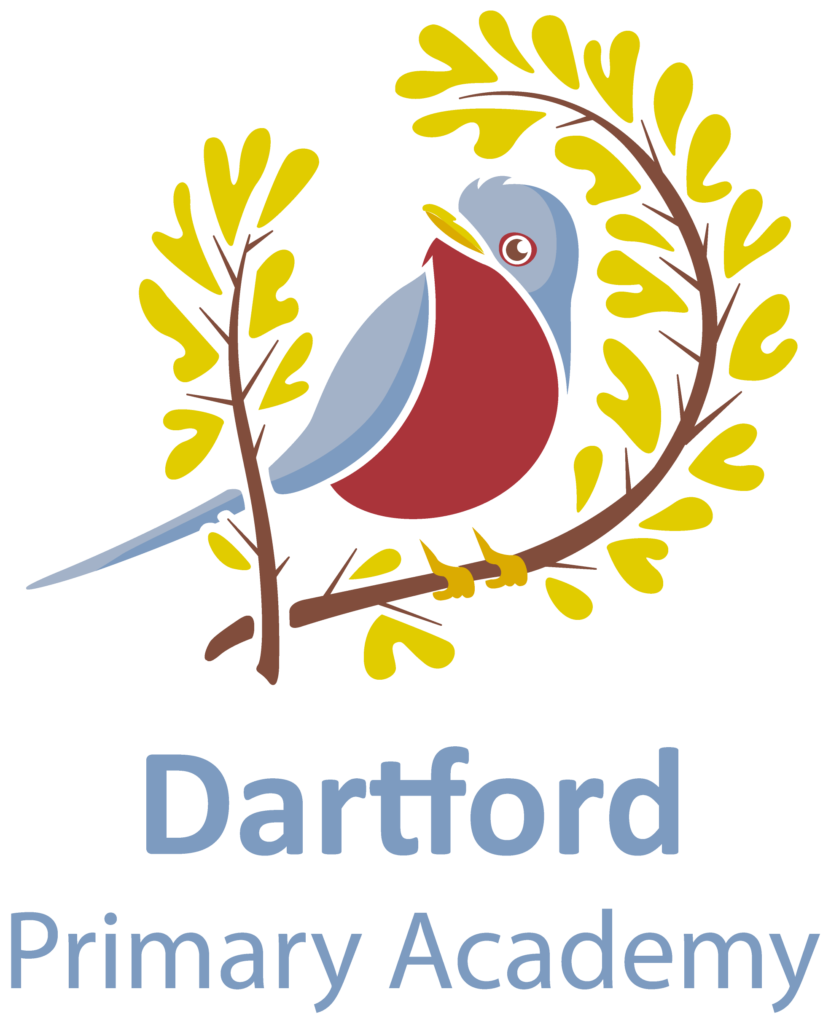The science curriculum fosters a healthy curiosity in children about our universe and promotes respect for the living and non-living. We believe science encompasses the acquisition of knowledge, concepts, skills and positive attitudes that are all essential parts of everyday life and help us to understand and change the world around us. Therefore, science skills are taught, according to the National Curriculum, through the International Baccalaureate Primary Years Programme . Throughout the transdisciplinary themes of the International Baccalaureate framework, the children will acquire and develop the key knowledge and skills that has been identified within each unit and across each year group, as well as the application of scientific skills which are needed for taking advantage of opportunities, responsibilities and experiences of later life. The science curriculum is sequentially mapped to make clear the end points that the children are building towards and what they need to know and be able to do to reach those endpoints. It also reflects the academy’s local context by addressing typical gaps in pupils’ knowledge and skills. Furthermore, we ensure that the Working Scientifically skills are built-on and developed throughout children’s time at the school so that they can apply their knowledge of science when using equipment, conducting experiments, building arguments and explaining concepts confidently. We believe that every child, regardless of their starting points, can access our science curriculum and we want our children to leave us as open-minded, reflective thinkers, whose skills prepare them for a successful transition to their secondary setting, as well-informed, globally aware young people that will continue to ask questions and be curious about their surroundings. This will make sure that all pupils are equipped with the knowledge and cultural capital they need to succeed in life.
Through the six transdisciplinary themes, teachers create a positive attitude to science learning within their classrooms and reinforce an expectation that all children regardless of need or background are capable of achieving high standards in science. Our whole school approach to the teaching and learning of science involves the following;
- Through our teaching we promote a positive attitude to science by encouraging pupils to solve problems, engage in discussions, show creativity, resourcefulness and participate actively in their local communities and within the academy. Children are encouraged to ask their own questions and are given opportunities to use their scientific skills and research to discover the answers. This curiosity is celebrated within the classroom.
- Teacher’s have the opportunity to develop expert knowledge of science through training and collaborative planning.
- Planning involves teachers creating engaging lessons, within the six transdisciplinary themes, aided by high-quality resources to secure understanding of conceptual knowledge. Teachers use precise questioning in class to embed knowledge fluency and skills and assess children regularly to identify those children with gaps in their learning and to correct any misconceptions.
- We build upon the learning and skill development of the previous years and ensure children embed key concepts in their long-term memory and apply them fluently. As the children develop their understanding, and as they become more proficient in selecting, using scientific equipment, collating and interpreting results, they become increasingly confident in their ability to draw conclusions based on real evidence.
- Working Scientifically skills are embedded into lessons to ensure these skills are being developed throughout the children’s school career and new vocabulary and challenging concepts are introduced through direct teaching.
- Teachers demonstrate how to use scientific equipment, and the various Working Scientifically skills in order to embed scientific understanding. Teachers find opportunities to develop
children’s understanding of their surroundings by accessing outdoor learning and workshops with experts. - It is our aim to offer a wide range of extra-curricular activities, visits and visitors and a Science Week to complement and broaden the curriculum. These are purposeful and link with the knowledge being taught in class.
At Dartford Primary Academy, we aim to use teachers’ expert assessment, diagnostic assessments and effective real time feedback to provide the opportunity for every pupil, regardless of need or background, to reach their full potential at the end of every year and key stage. Therefore, this will ensure all pupils are ready for their next stage of education, training or employment. Through thorough curriculum coverage review and pupils’ skill development we will ensure the breadth and depth of science knowledge is embedded for all pupils to develop knowledge and the skills needed to be successful in life. Consequently, the children make progress in that they know more, remember more and are able to do more. Positive engagement in science cultural capital activities and seeing a vibrant global community within the academy will show the depth of impact of our scientific curriculum intent and effective implementation. This successful approach results in a fun, engaging, high-quality science education, that provides children with the foundations and knowledge for understanding the world. Our engagement with the local environment ensures that children learn through varied and first-hand experiences of the world around them. All children, including disadvantaged pupils and pupils with SEND, will gain the understanding that science has changed our lives and that it is vital to the world’s future prosperity.


